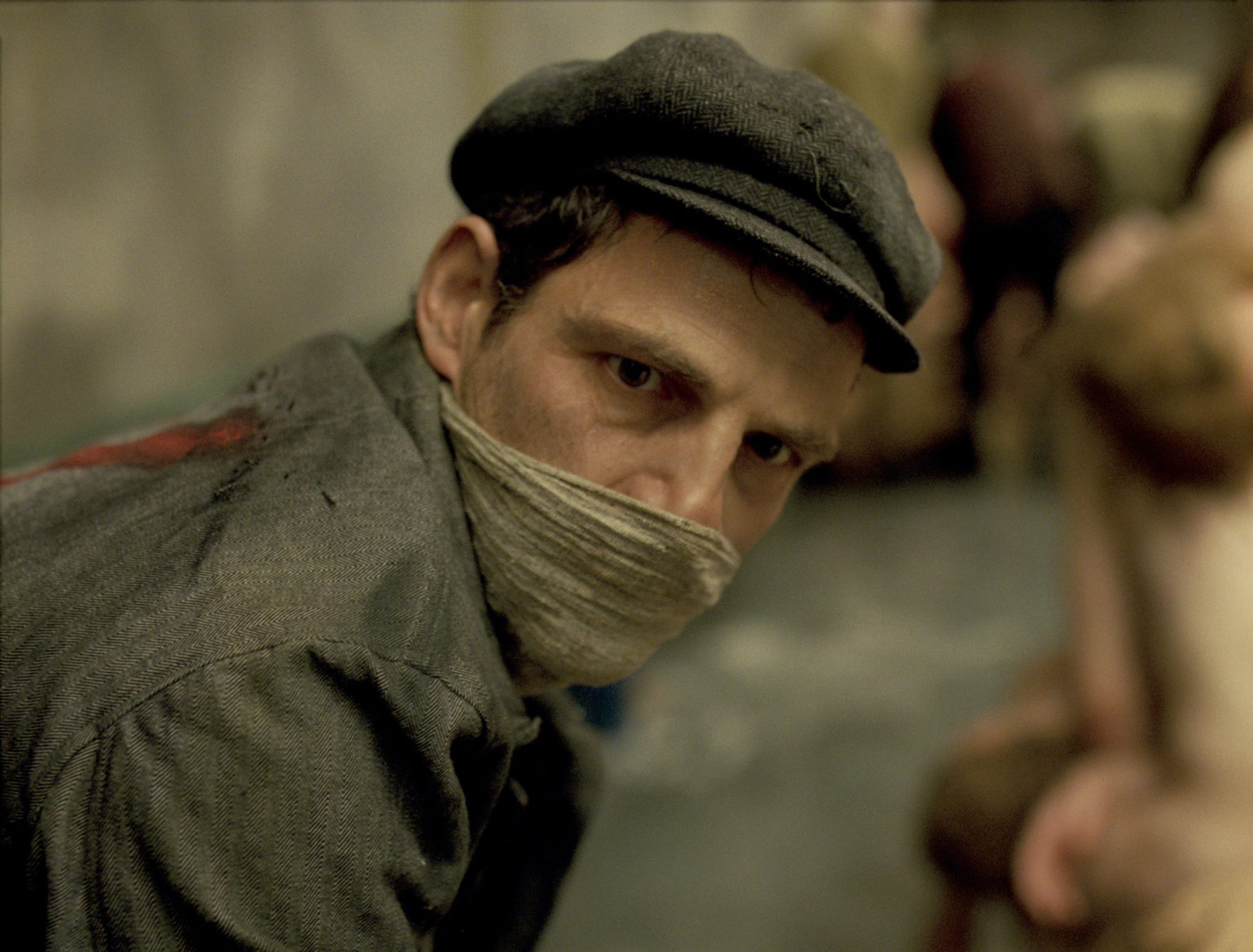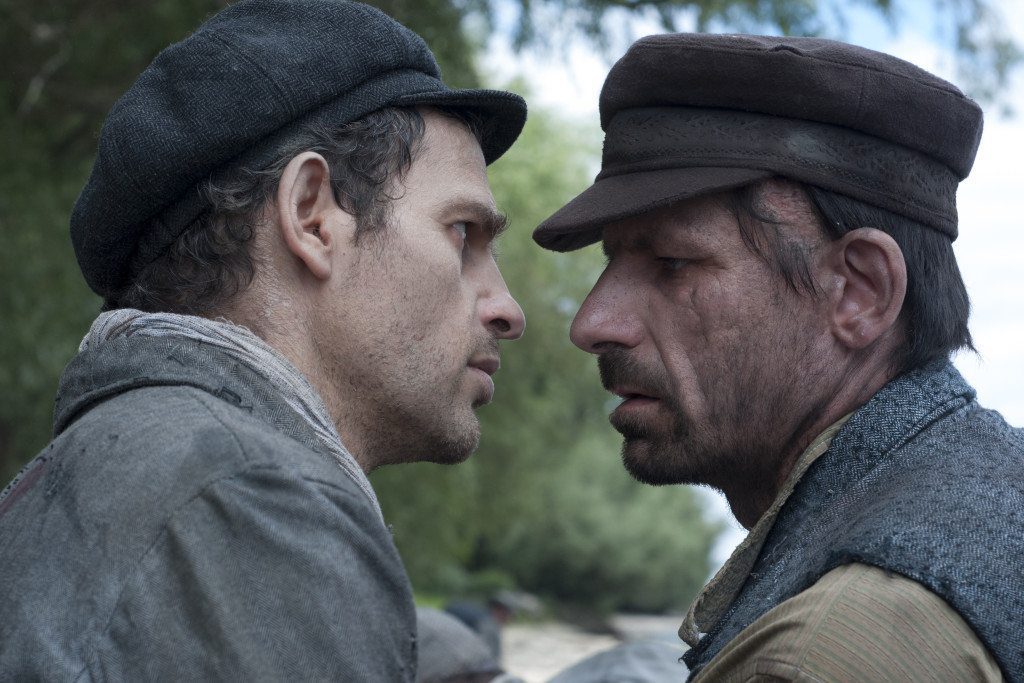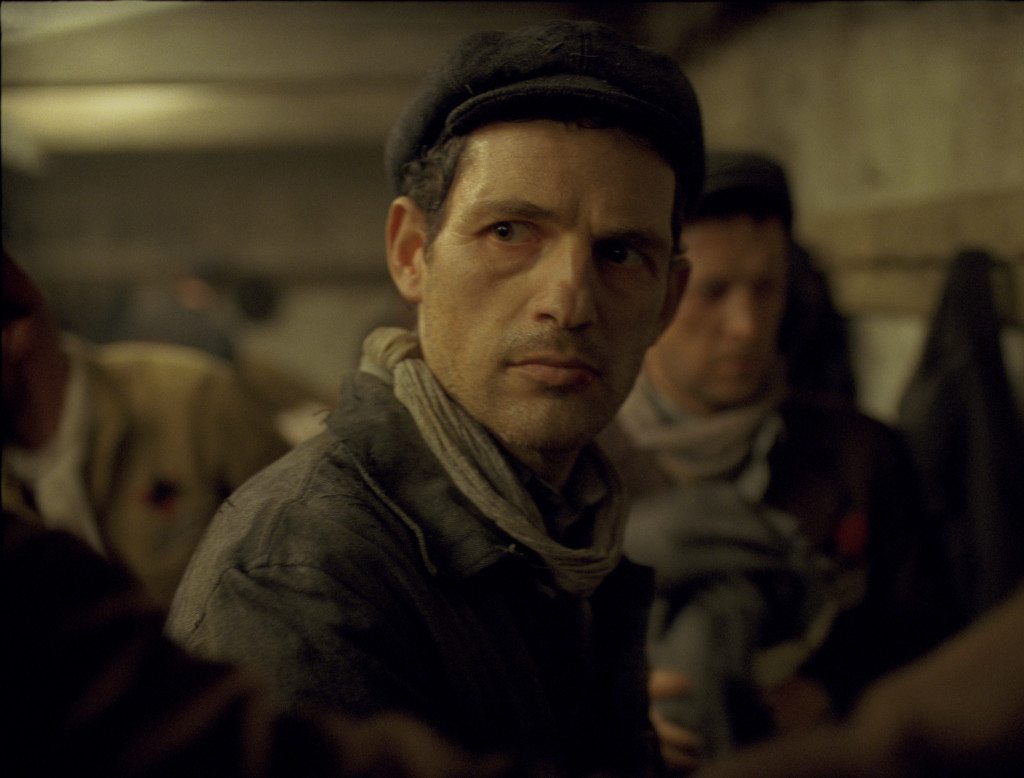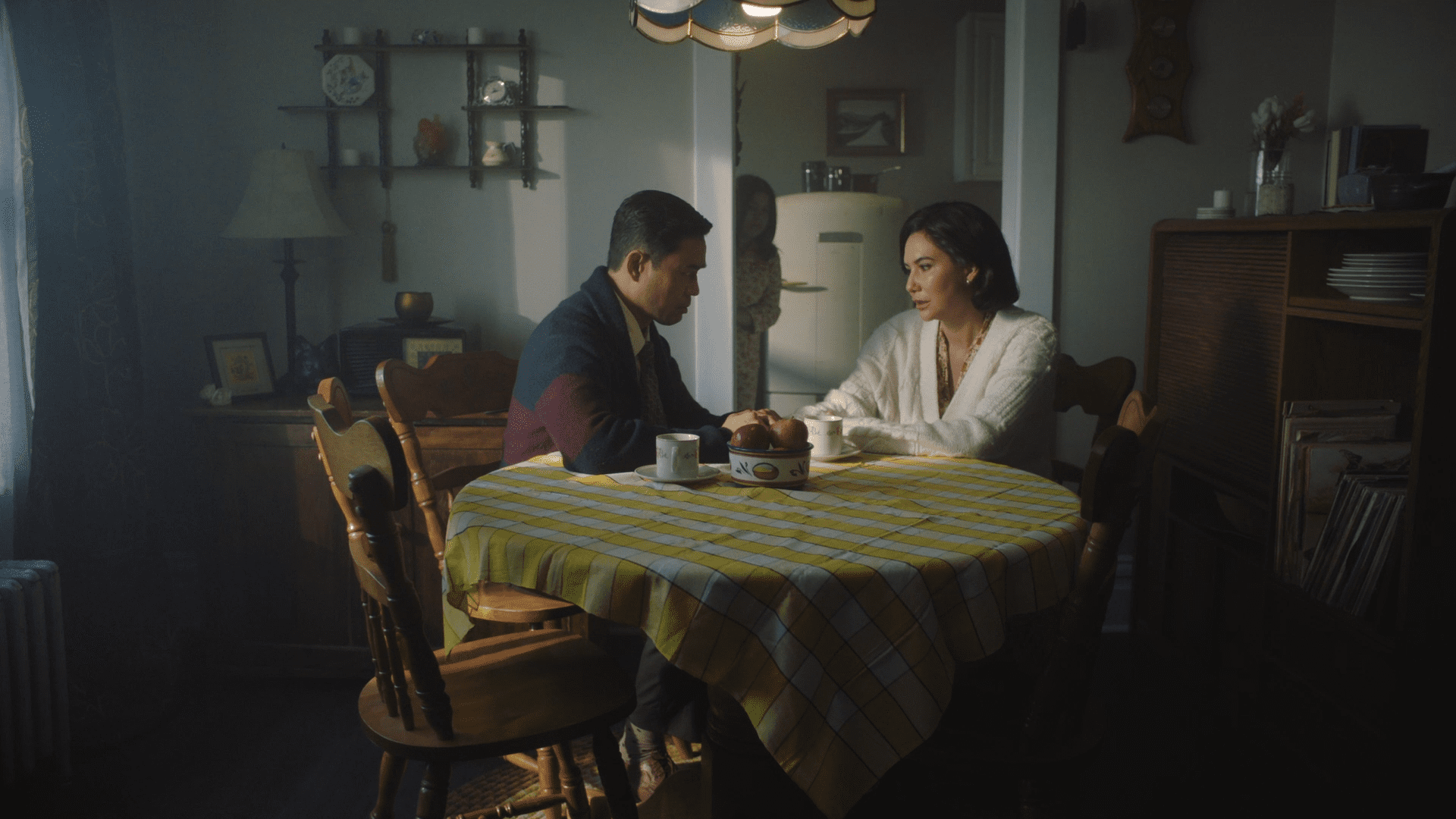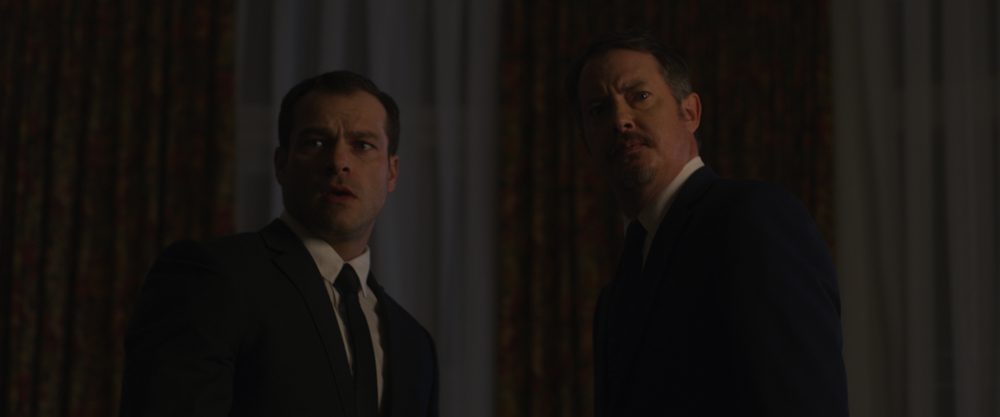We are sometimes amazed at the depth of horror that marks the Shoah. Son of Saul shows us again the inhumanity of the Holocaust in a very personal way. The film from Hungarian director L?szl? Nemes is already garnering Best Foreign Language Film honors from critics groups, including L.A. Film Critics Association, D.C. Film Critics, and National Board of Review. The film won the Grand Prix at the Cannes Film Festival.
Set at the Auschwitz-Birkenau extermination camp in 1944, the film centers on Saul Ausl?nder, a Hungarian Jew who is assigned to a Sonderkommando unit, the ones who did all the work of the extermination?moving newcomers from the trains to the gas chambers to the ovens, cleaning up after the bodies, picking through the possessions for valuables. The very idea of having to perform such work is beyond what most of us can imagine. Yet for those forced to do this work it was their way of surviving, although some may have preferred to pay such a cost.
After gassing one group, Saul and the other Sonderkommandos are moving out the bodies and cleaning the room so it is ready for the next group when Saul comes across a boy who is not quite dead. He must take the boy to the SS doctors who finish the job of killing him and plan to dissect him. Saul believes this boy is his son and sets out to rescue the body from the doctors and from the ovens to provide him with a grave and a rabbi to recite the mourner?s Kaddish over the grave. He uses various ruses to be sent to various places within the camp as he seeks to make secret arrangements. As he moves from place to place he takes us through all the various hideous tasks that made up the machinery of Nazi genocide. It also brings him into contact with other Sonderkommanos plotting a rebellion and escape.
This story is told completely from Saul?s perspective. Saul is nearly always right in the center of the frame and he is the camera?s focal point, all that is going on in the background is literally a blur. We find ourselves in an amazingly organized chaos of people doing so many heinous things, but in very matter of fact ways. It is Saul and what is happening to him that is the real story of the film?more so than the horrors of the Holocaust. The struggle that Saul is involved in is not one of survival as we often see in films about the Shoah, but an effort to hold on to a small thread of humanity still alive within him. The desire to do this act of compassion and love within a system of impersonal evil becomes more important to him than life itself.
Perhaps that struggle to hold on to some semblance of decency in a world that seems to be totally evil can seem overwhelming. We often just keep our heads down and hope things will pass by. But for Saul there was something that pushed him to a kind of hope that may only be found when there is no other way to react.

